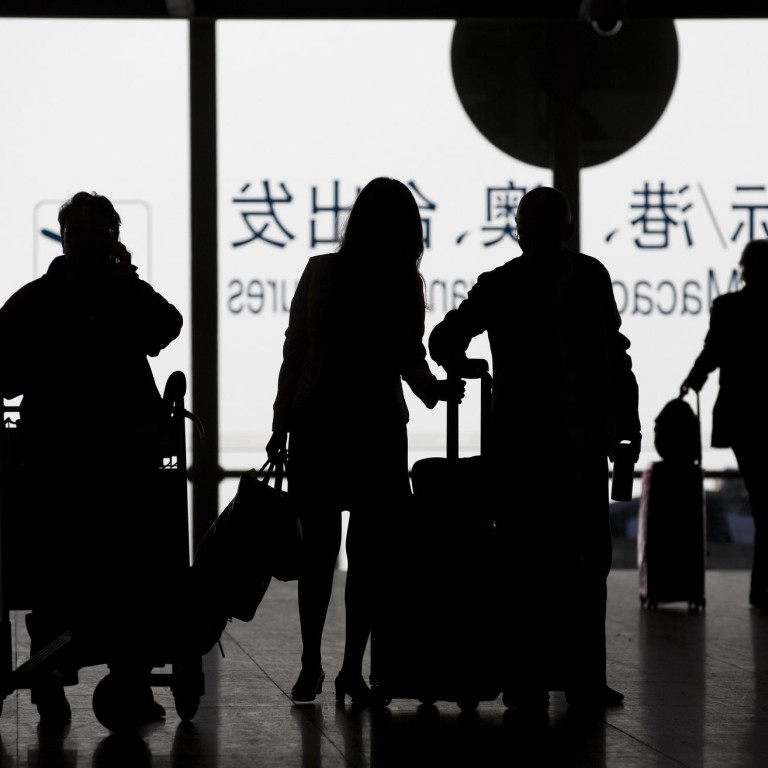
The four types of Asian travellers spending their money around the world
Four out of five travellers in the region prioritise money and time off work to travel, considering it a necessary part of life
Travel is no longer a luxury, but a necessity for Asian travelers, a new study has found.
Four out of five travelers in Asia Pacific said travel was a necessary part of life and that they're willing to prioritise time off work and set aside money for trips, according to a new study by travel marketing and booking company Sabre and research firm The Futures Company.
That comes as Asia Pacific has already developed the largest tourism industry in the world, by gross domestic product (GDP) contribution and employment, according to MasterCard 's Asia Pacific Destination Index 2015.
But while the variety of locales and experiences in the region may vary widely, the travellers here can be typecast into four different groups, according to Sabre and The Futures' "The Polarisation of Asian Travellers" study.
Explorer
Making up the largest proportion, with 38 per cent of Asian travelers falling into this category, the Explorer placed a high value on self-actualisation and self-discovery, the study said. They're more likely to plan on the go and even leave accommodation bookings for after they arrive to their destination, it said.
"In the past, you'd buy a flight from point A to point B, but The Explorer wants to make decisions on the go," Todd Arthur, Vice President of sales and market development for Sabre Travel Network Asia Pacific, told CNBC. "The group is far more likely to try different types of restaurants and connect with locals."
Follower
For the Follower, travel was more about enjoying the moment with loved ones. They're far more likely to take a back seat and let their travel partners play a key role in travel plans. They can often see planning as tedious and place more emphasis on the quality time spent, rather than the destination or experiences.
Connector
Travel was about establishing status, for the Connector. They often loved the process of planning in advance of their trips. The Connector viewed travel as an avenue to express themselves and was constantly sharing their experiences with friends and family.
Opportunist
Preferring to be taken care of by others, this group commonly used agencies to help plan their trip. The Opportunist liked to pamper themselves through experiences and was often tempted by promotions and incentives along the way. This group found it exciting to immerse into a new culture, but wanted to avoid the hassles of travel when possible.
Sabre and The Futures Company's research also found that a whopping 86 per cent of travelers felt travel was a form of social currency that forged connections and allowed travelers to share experiences among family and friends.
But as technology has become a default part of the travel process for many, information overload was a concern. Many surveyed believed the industry has gone from a lack of information too an oversupply in just the past few years, with 52-per cent of travelers saying there were too many travel options and too much information available, compared with just 8 per cent who said that was the case in previous surveys just three to five years ago.
That comes amid the rise of a variety of travel booking, planning and review websites.

